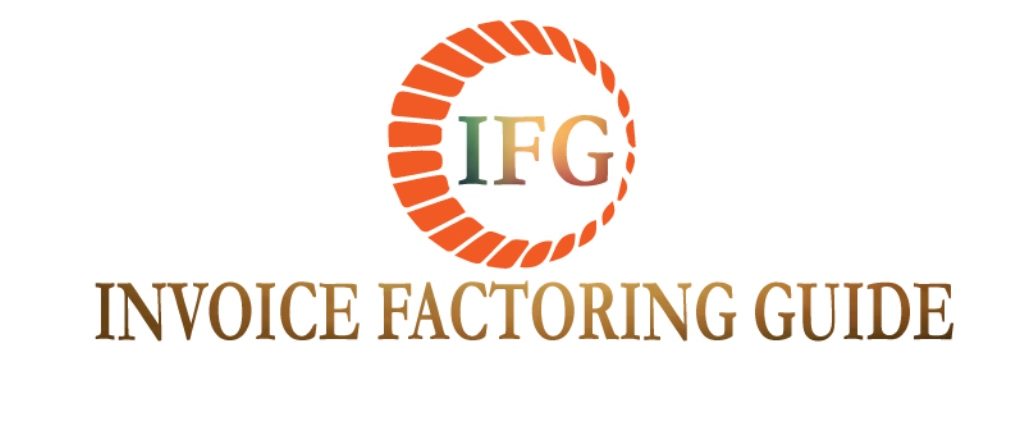Quick Business Loans: What Could Go Wrong?!
(Read Time: 3 Minutes)
It’s not easy running a small business. But one area that’s improved dramatically over the last few years is access to financing. The alternative lending has space stepped in to fill the void left by traditional banks after the Financial Crisis. This is a great development as financial technology has enabled small businesses to get the net working capital they need to survive and prosper. Suddenly, quick business loans are available all over the place.
But the proliferation of online lending platforms and marketplaces, are both innovative and potentially worrisome. Lack of uniform regulation, murky fees and misleading conditions can cast a shadow on entire industry. Small business owners should take pause and decide whether the funding options are the best for their companies, in both the long and short terms.
Quick Business Loans
One reason online small business loans have become so popular is their ability to provide incredibly fast funding. Normally, small businesses would have to wait weeks or months for a bank to officially deny them! That was before the era of quick business loans.
Today’s online lending platforms can offer next-day, same day, even real-time funding to small businesses. These working capital business loans can alleviate cash flow problems and greatly improve their liquidity and financial positions.
There is no denying that business financing needed to be shaken up and expedited. But is real time access to capital really important? Businesses think so and many are rushing into quick business loans. Names including Rapid Advance, Biz2Credit, Ondeck Capital, Kabbage, Bluevine and Swift Capital are examples of such funding companies and are even working on real-time funding for customers.
Today’s entrepreneurial environment couldn’t be better. Case in point, the NFIB’s Small Business Optimism Index recently reported an all-time high level, going back to the index’s inception.1 That level of confidence explains the demand for a real-time credit product. But instant financing is a temptation that ambitious companies should gauge very carefully.
For some small business owners, speaking with a dedicated advisor regarding the totality of business needs might be more valuable than a faster loan product. Further, it’s never a bad idea to have an attorney review any financing documentation which will accompany funding. This is also true if your business decides to start factoring receivables (not technically a loan).
Easy Business Loans are the Norm
In addition to speed, easy business loans have become much easier to obtain in recent years. In the wake of the financial crisis, the alternative lending industry has flourished. Today, small business financing is about as easy as it’s gonna get. Many extend bad credit business loans to companies that couldn’t qualify for bank financing.
Some act as direct lenders (Fora Financial, National Funding, Northwest Savings Bank, etc.) while others (like Fundera, Funding Circle and Lendio) act as more of a marketplace. Many are hybrids and actually do both- funding some types of businesses and selling out the leads for other services.
Many funding products come with minimal documentation, no credit or collateral requirements. So what’s the problem? As you know, our site is dedicated to keeping small business in business. Here’s why it’s potentially worrisome.
We remember the NINJA loans (No Income, No Job at All) of the mid-2000s when documentation was also very relaxed. Overzealous homebuyers would eventually walk away from the properties or short sell their houses. Ultimately, the risk was with the banks that held the mortgages on their own books. Today, some overly ambitious startups may be similarly becoming over-exposed, especially if they’ve signed personal guarantees.
A Personal Guarantee
Using personal loans for business is one way owners are side-stepping stricter [business] lending standards. Some online lenders require a personal guarantee from the business owner (typically if they have greater than a 20% stake in the company) or even other shareholders (generally with over 10% equity ownership and also a senior officer).
This is fine on the surface and we applaud business owners who are confident and willing to “bet on themselves”. However, owners need to understand the responsibilities that come with a personal guarantee.
Sometimes the guarantee can have the ‘joint and severable’ clause which could require any single, signing owner (even if there’s numerous signees) to be liable for the entire debt.2 Business owners can lose personal assets (such as cars, boats or a home to foreclosure) in the event of a business default where they signed a personal guarantee. Lenders will often require a personal guarantee for applying businesses structured as LLCs and corporations (read the Nolo article referenced for more clarification).3
Small business owners should really ponder whether they need to seek external financing. And always make sure you assess funding needs responsibly and prudently. Just because it’s an environment of easy and quick business loans doesn’t mean you have to borrow money.
There are sometimes opportunities to avoid, or even remove, the personal guarantee requirement. Before you apply for a loan, try and keep your business’ cash flow positive for an extended period of time. This may allow you to avoid the guarantee when obtaining financing. Of course, that’s not always easy to do, especially for seasonal businesses. If the cash flow shortfall is from late-paying customers, invoice factoring might be a good option.
Ideally, you would have negotiated with your loan officer before accepting any borrowed money. Find out if the bank will allow you to remove (or reduce) the personal guarantee once your business hits pre-determined financial landmarks.
More risk averse owners might consider small business funding that comes without the personal guarantee requirement. While some lenders we profile on this site require personal guarantees, some do not. So, take a look through our review pages, where we rate several high-quality lenders (i.e. Bluevine reviews, Kabbage reviews, Ondeck reviews, Loan Me reviews, Discover personal loans reviews, etc.).
2,3https://www.nolo.com/legal-encyclopedia/business-debts-personal-liability-29905.html

